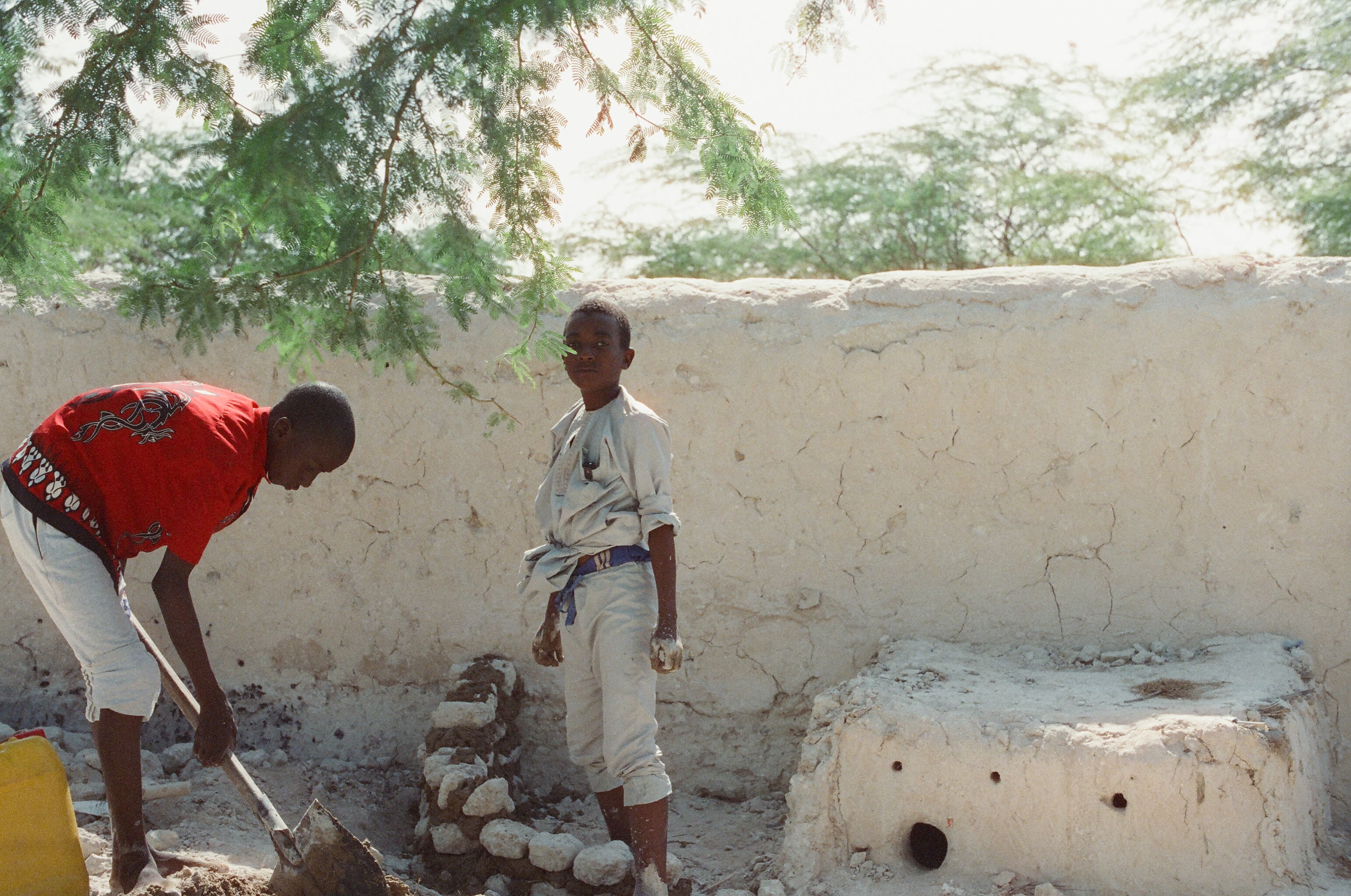THE DOOR TO
THE SAHARA
A story of community resilience
as children face severe malnutrition
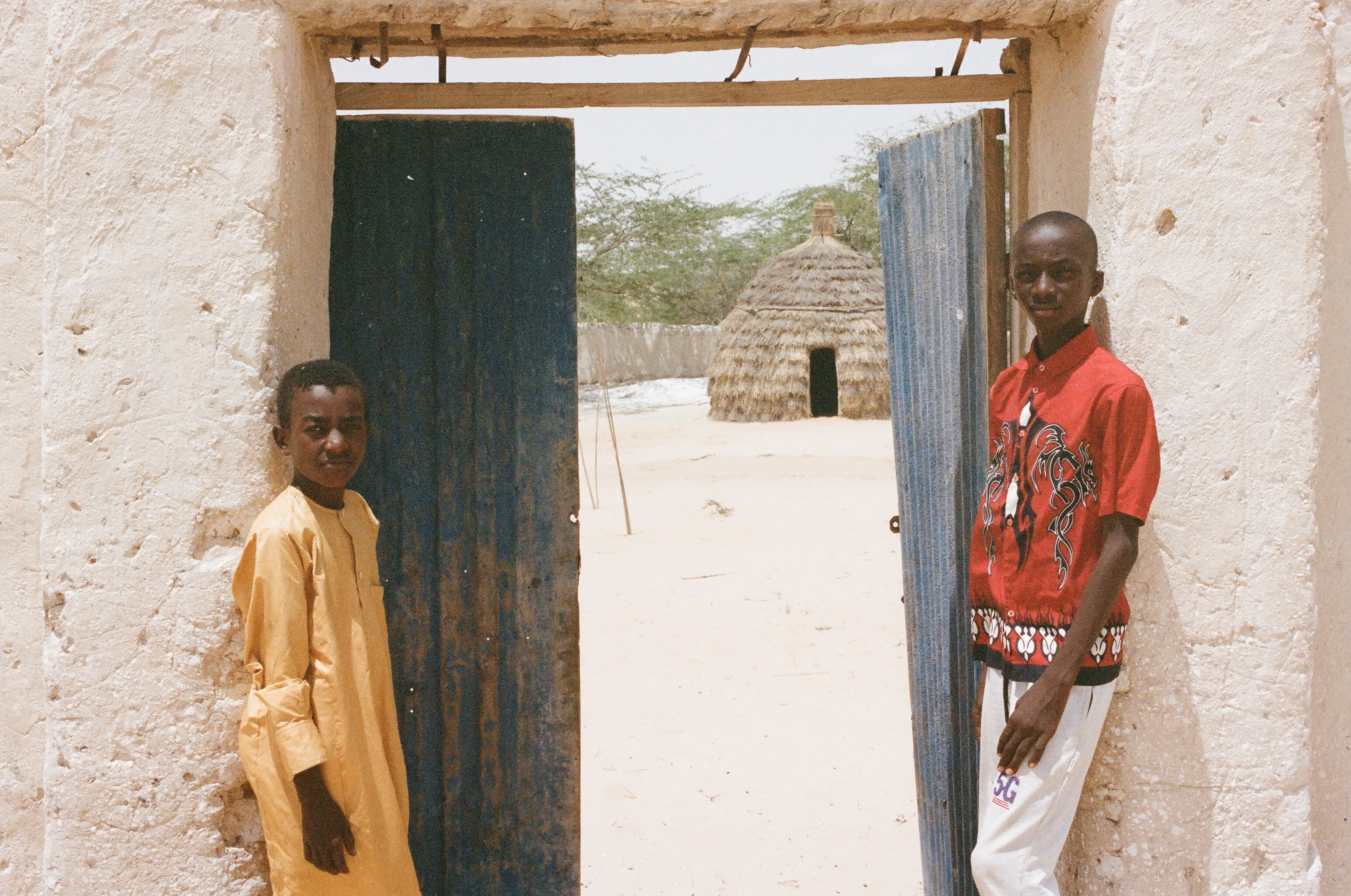
Bintou Ali Ousmane
is a community health worker
and she is mother to
Adoum, Koubra and Ousmane
This is her story and that of her community
Over the years
her community has witnessed
temperatures rise
and rainfall decrease
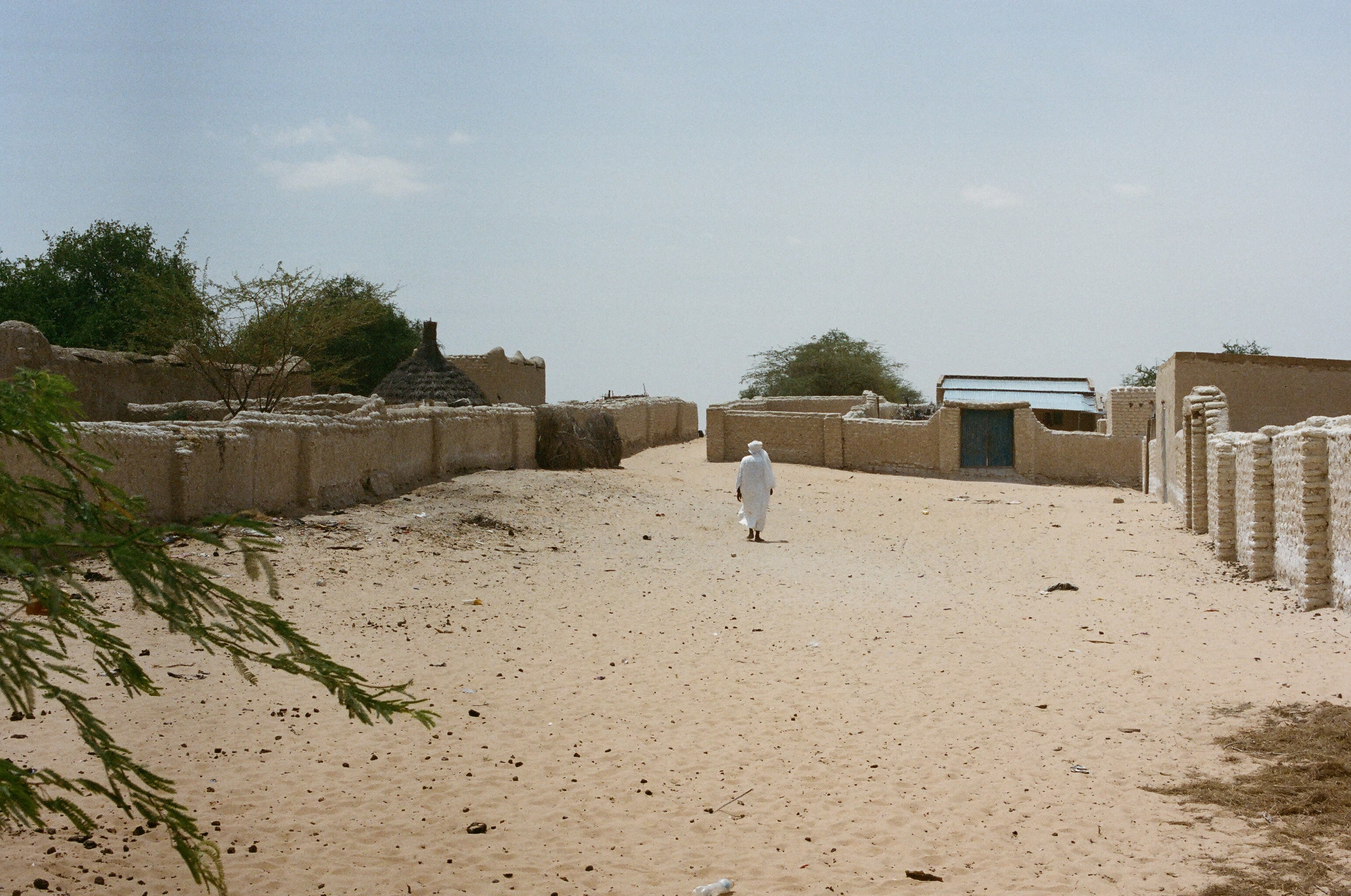
" When it doesn't rain,
trees don't grow.
The grass neither...
Nothing will grow. "
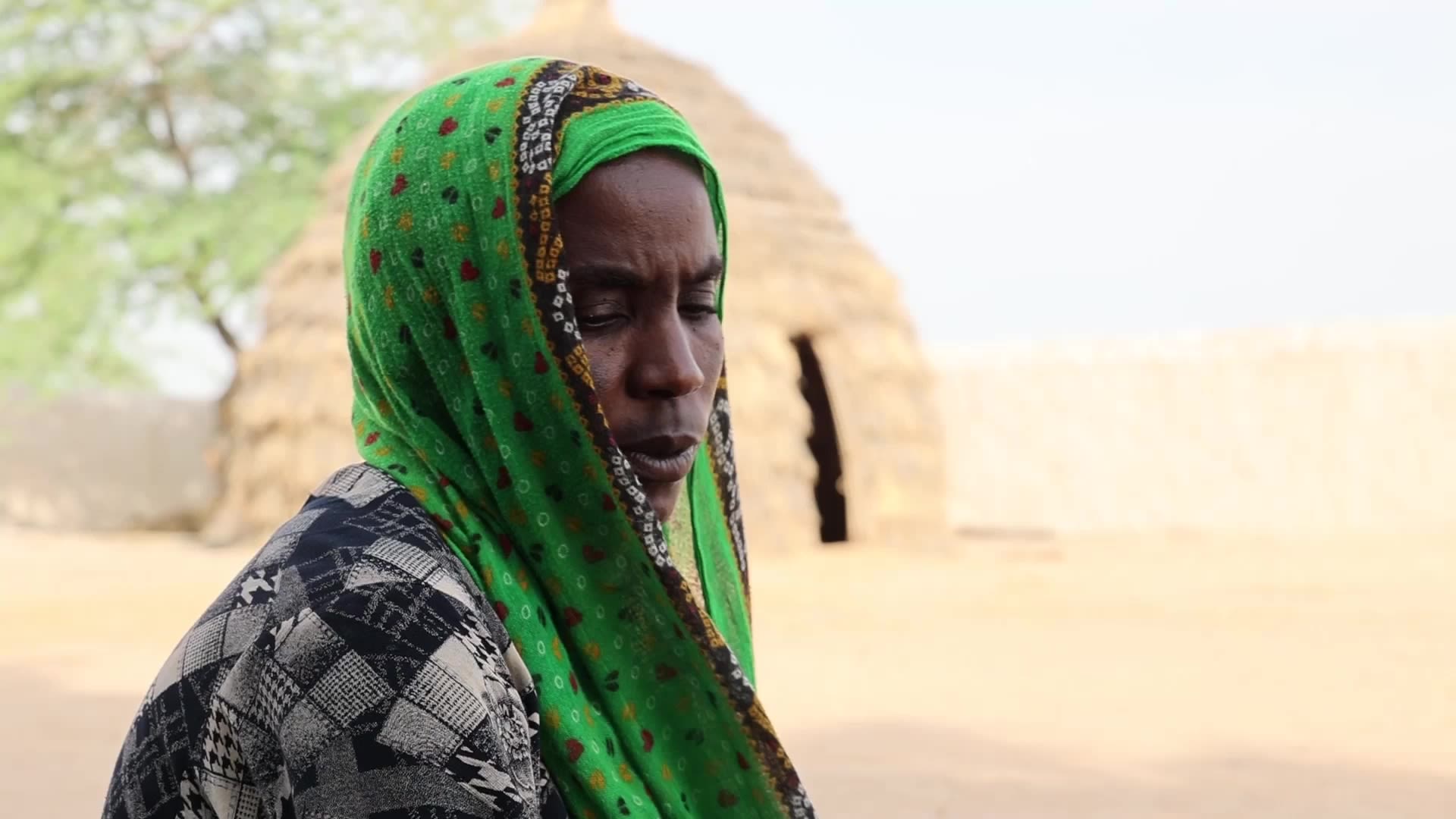
Through the village
where the sand meets the sky
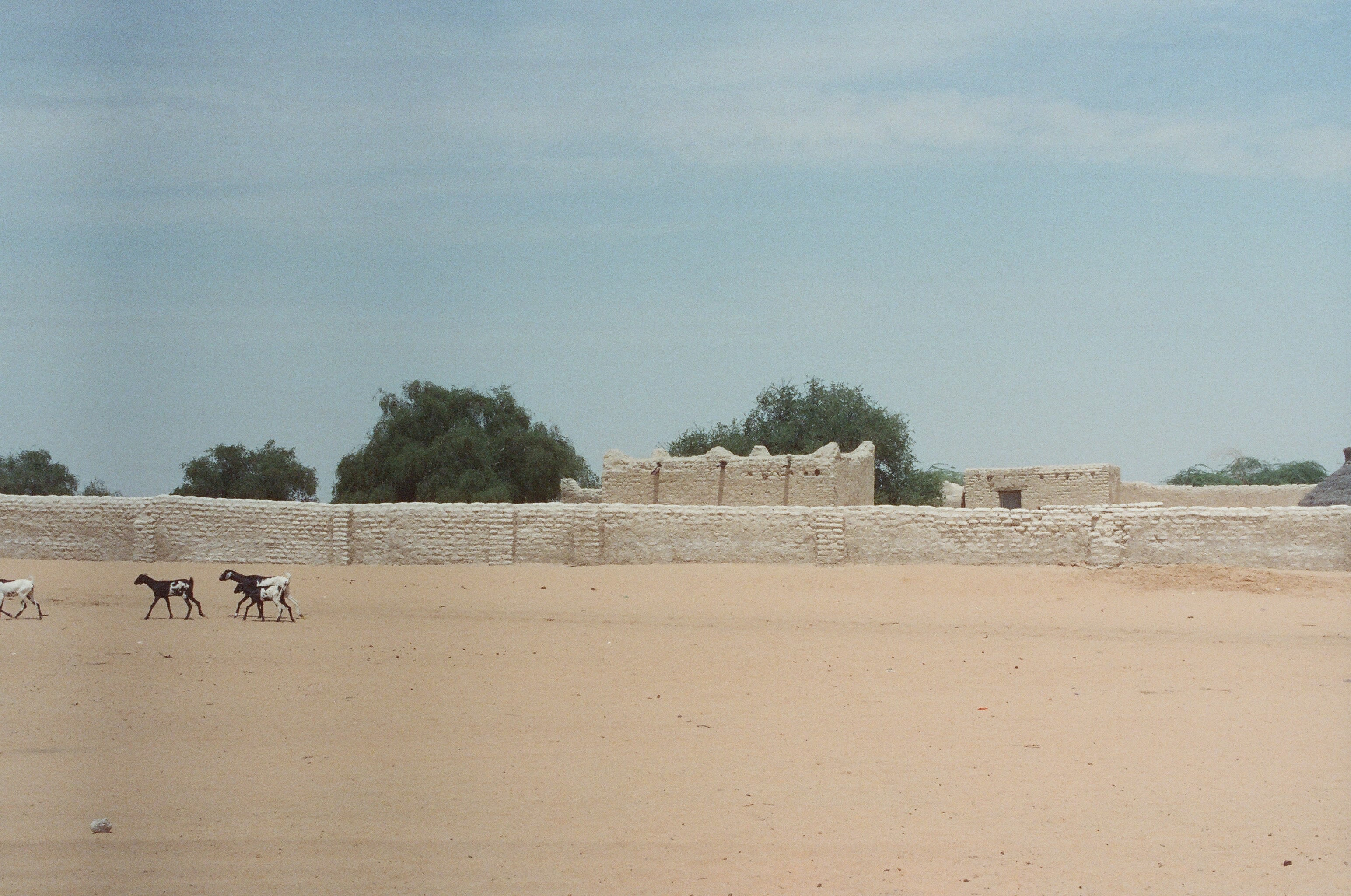
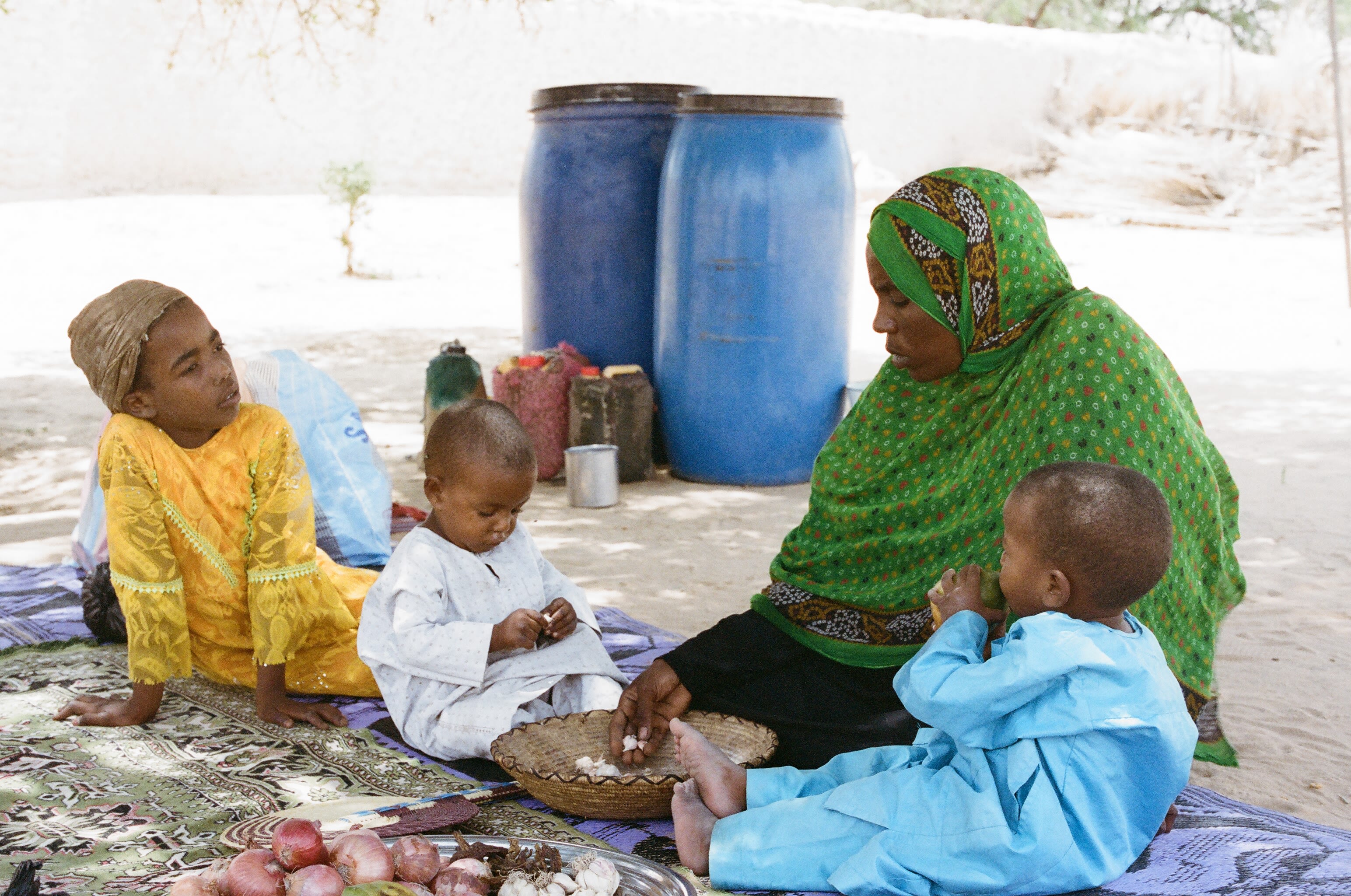
Bintou lives in the village of Drichi
situated 12 kilometres from Mao
the capital of the Kanem region
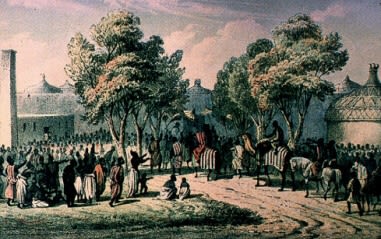
The region is named after
the ancient Kanem empire
which spread across
what is today, western Chad
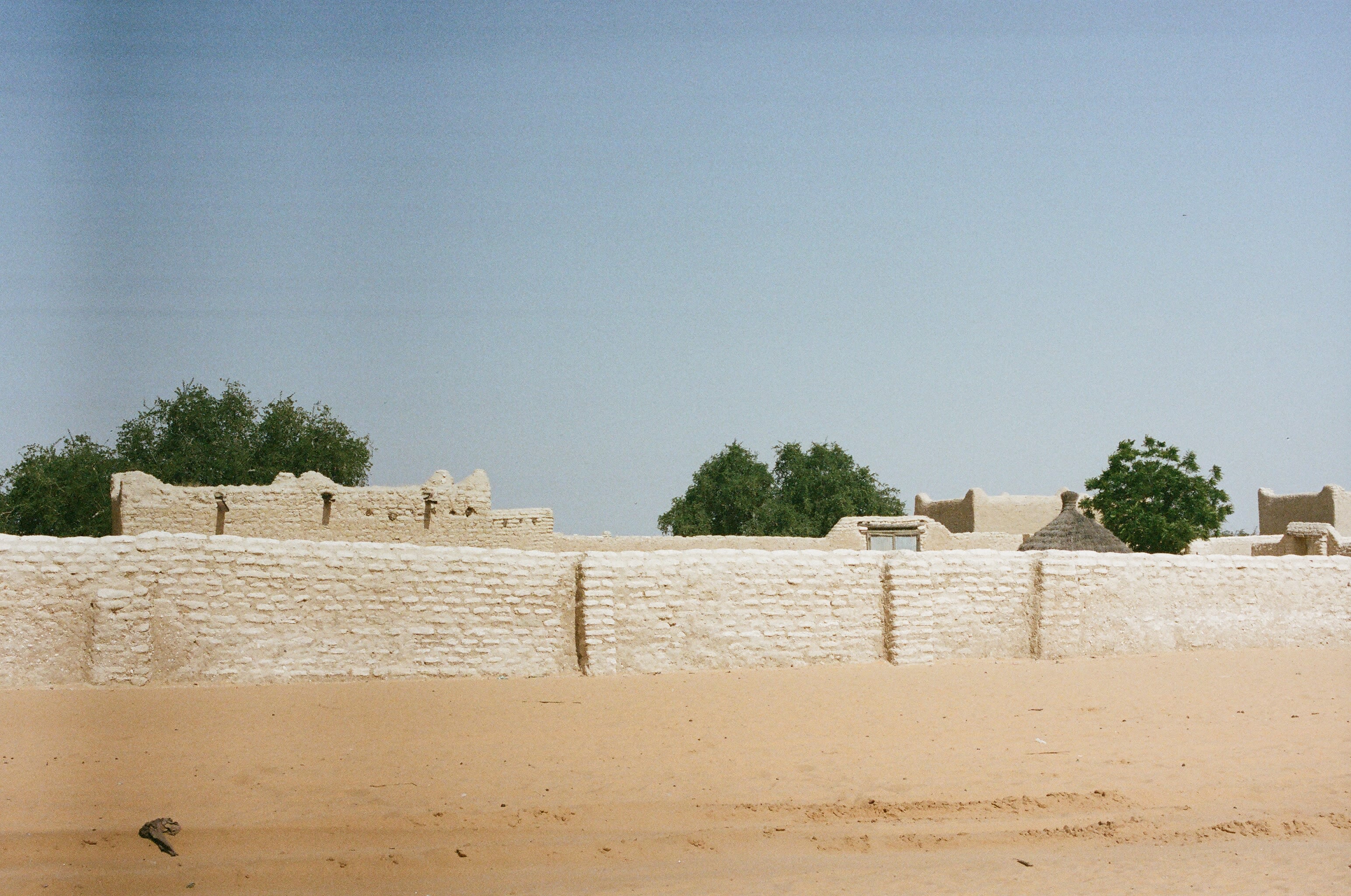
Built with white sand
like its neighbouring community, Tarfé, and the rest of the region
the Kanem is facing
the direct consequences
of climate change,
namely a drought
which contributes to
high rates of
severe acute malnutrition
in young children
Despite the harsh realities
of an increasingly dry climate
communities in Kanem are organising
to prevent high malnutrition rates
amongst their children, with the support of
Chadian implementing actors and UNICEF
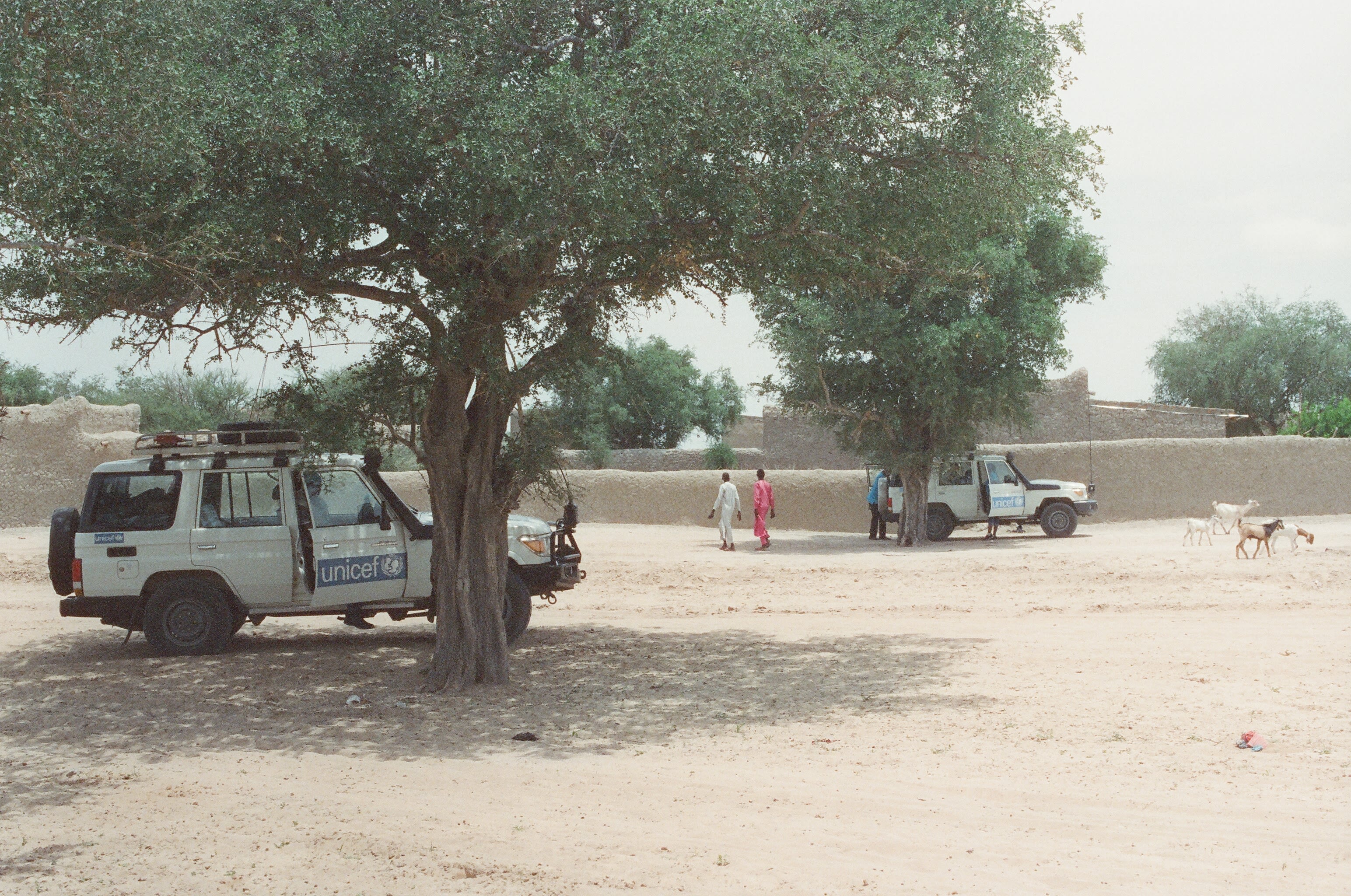
The community response
knowledge in action
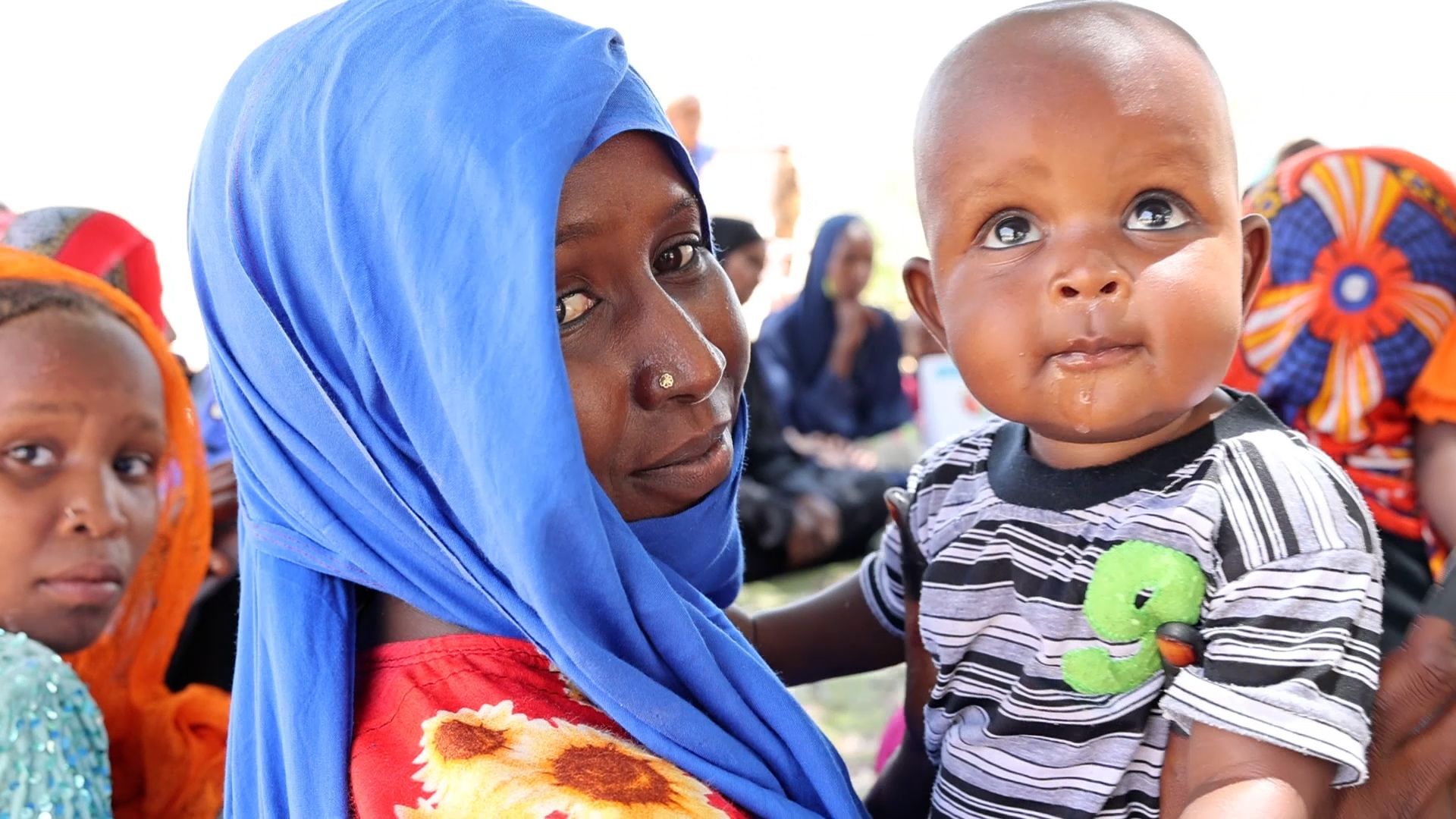
Community-built health centres
like the one in Tarfé
where health worker Abakar Alhaji Ali works,
is supported by UNICEF in Chad

As is Bintou's work as
a community health worker
sharing knowledge on
good nutrition practices
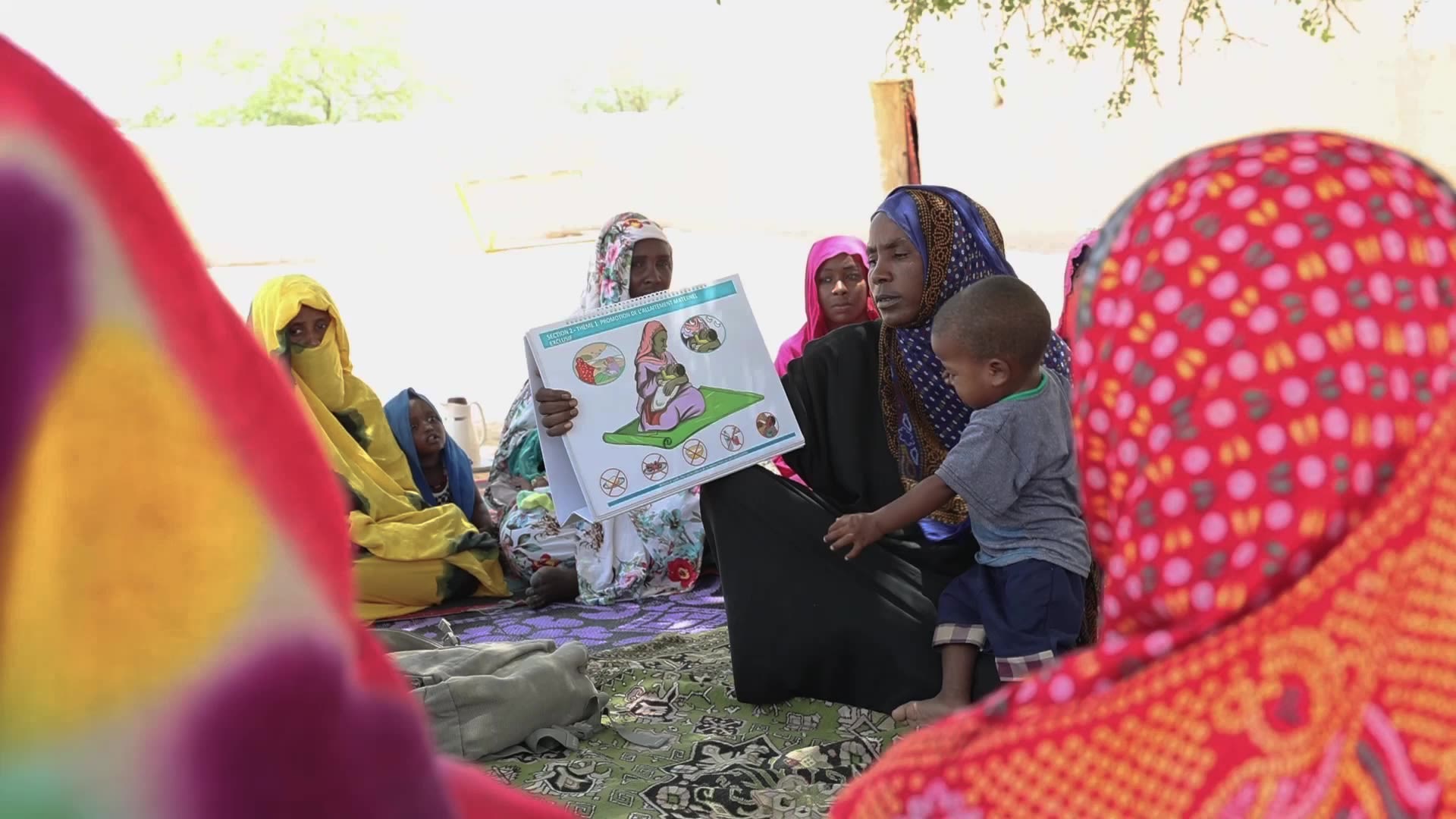
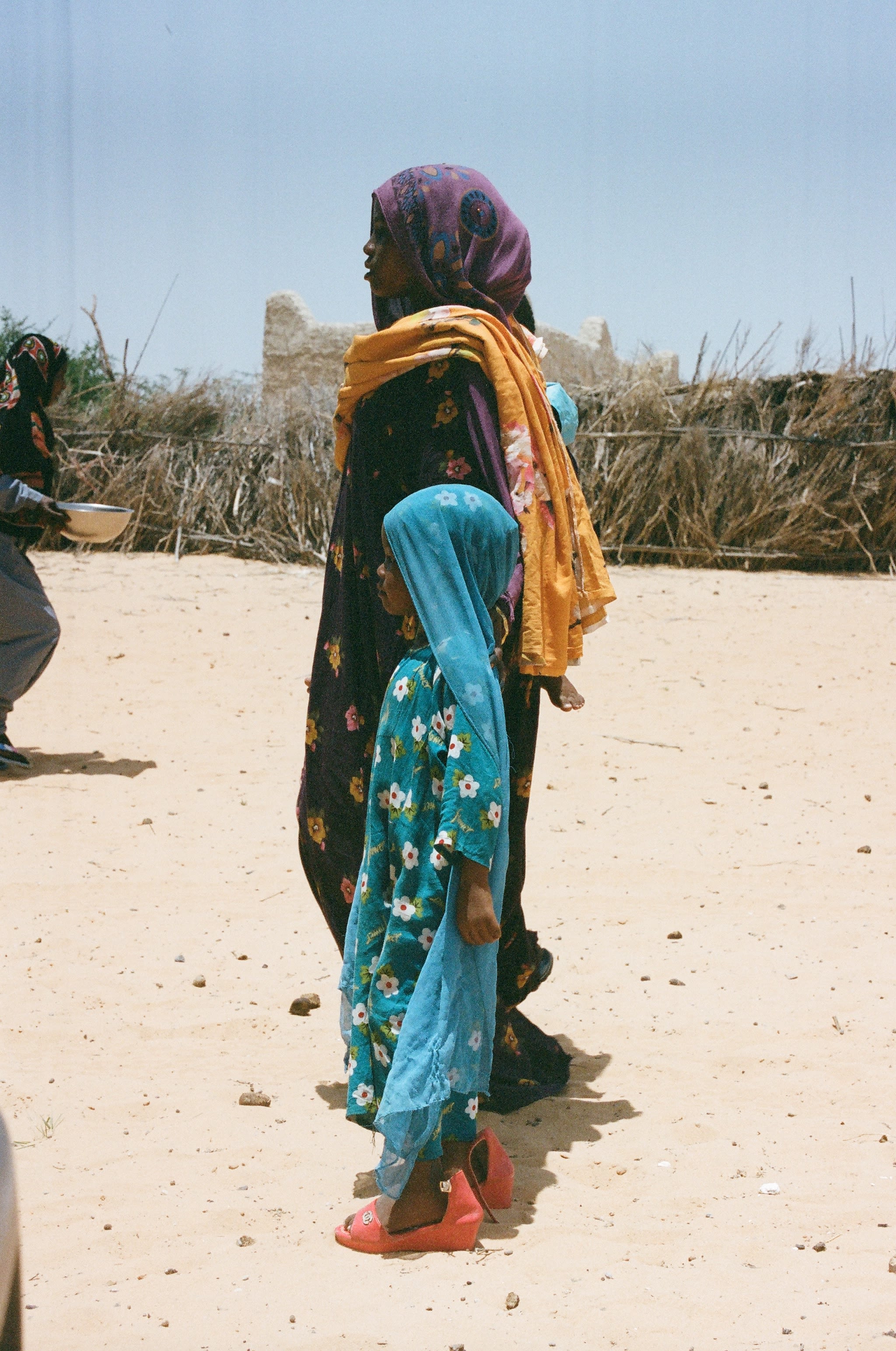
Fatime has also
been championing
the use of a variety of nutritious food
She has been an exemplar of
community-led
awareness-raising
around nutritious food,
and she demonstrates how
stronger prevention can
protect children from
severe acute malnutrition
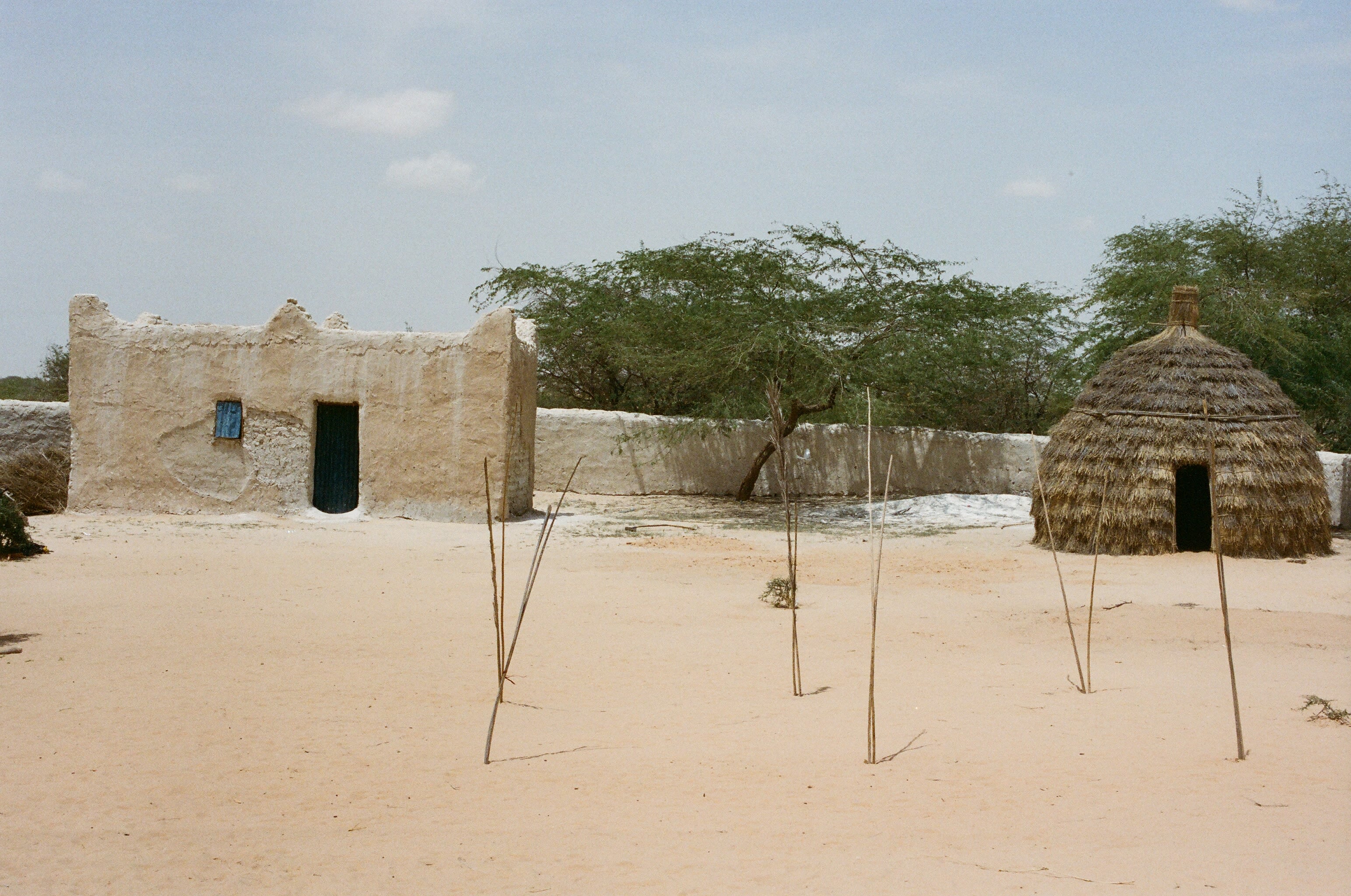
Through the Ouadi
the community's grove in the Sahara
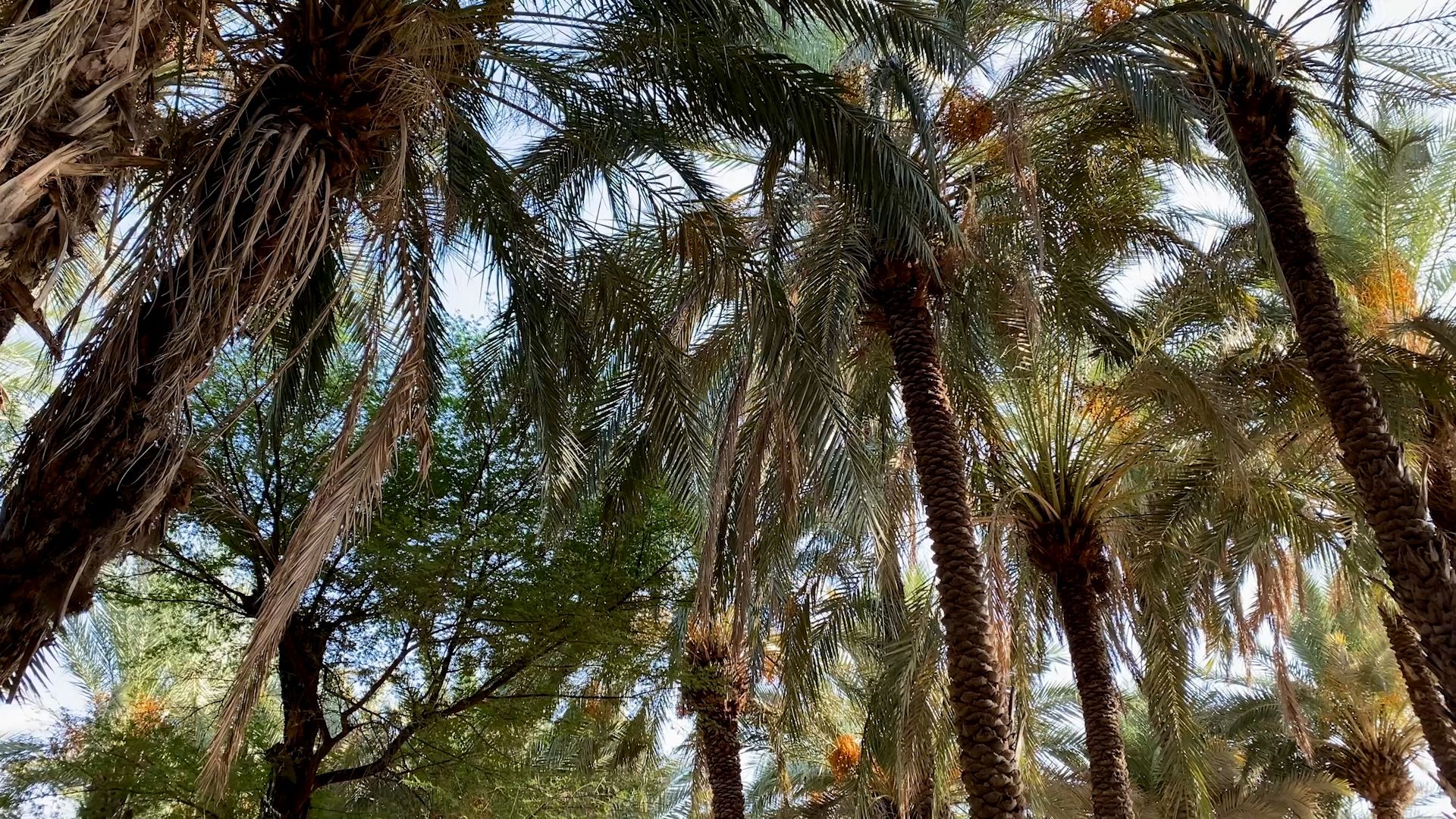
Yet mothers and doctors are not the only ones
working to prevent malnutrition

Despite the drought,
Bintou's husband, Abakar Ousmane
and his uncle,
Mahamat Ousmane Yahya,
still labour the land
to diversify their children’s nutrition
and to sell produce at the market
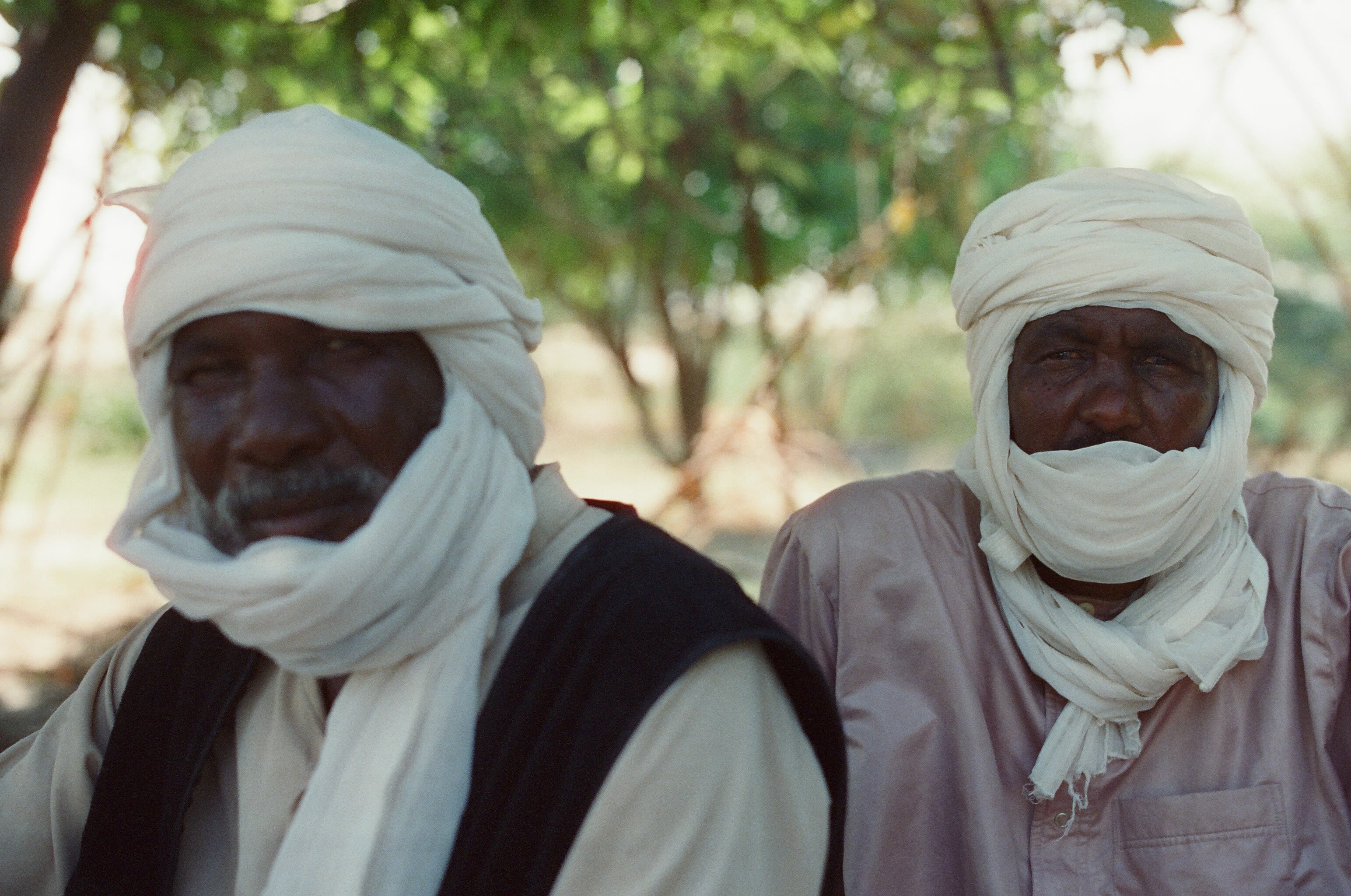
"I thank God the few times
it rained in the past few years"
Through the "ouadi" with Mahamat and Abakar Ousmane
Through the "ouadi" with Mahamat and Abakar Ousmane
Mahamat Ousmane Yahya
is one of the community leaders in Drichi.
His nephew Abakar Ousmane follows him
through the grove that was passed to them
through generations
Today, what was once a lush oasis
brimming with mango, date and lemon trees
has dwindled, and most of it is sand
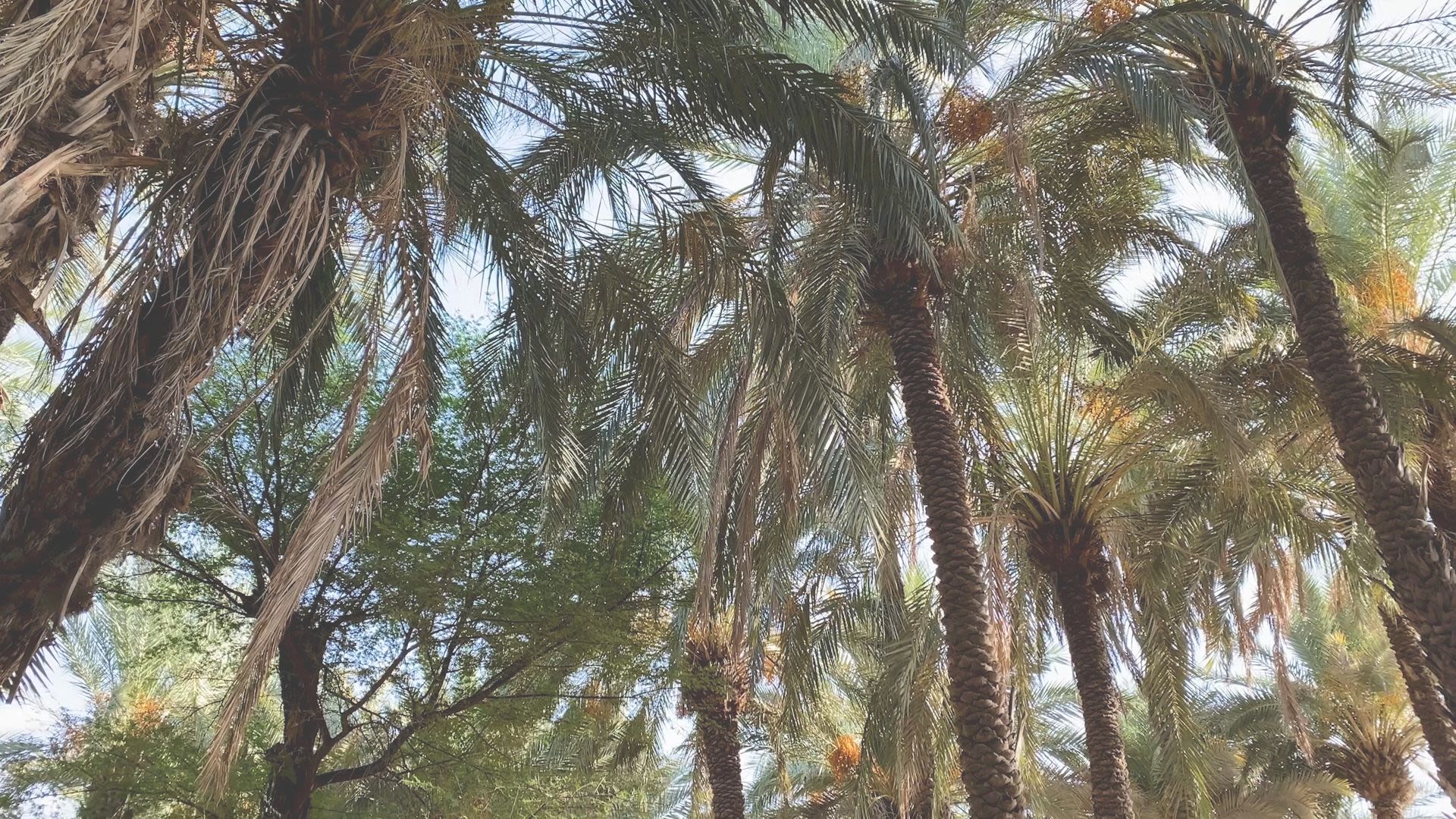
Through the Sahel
facing the reality of our climate emergency
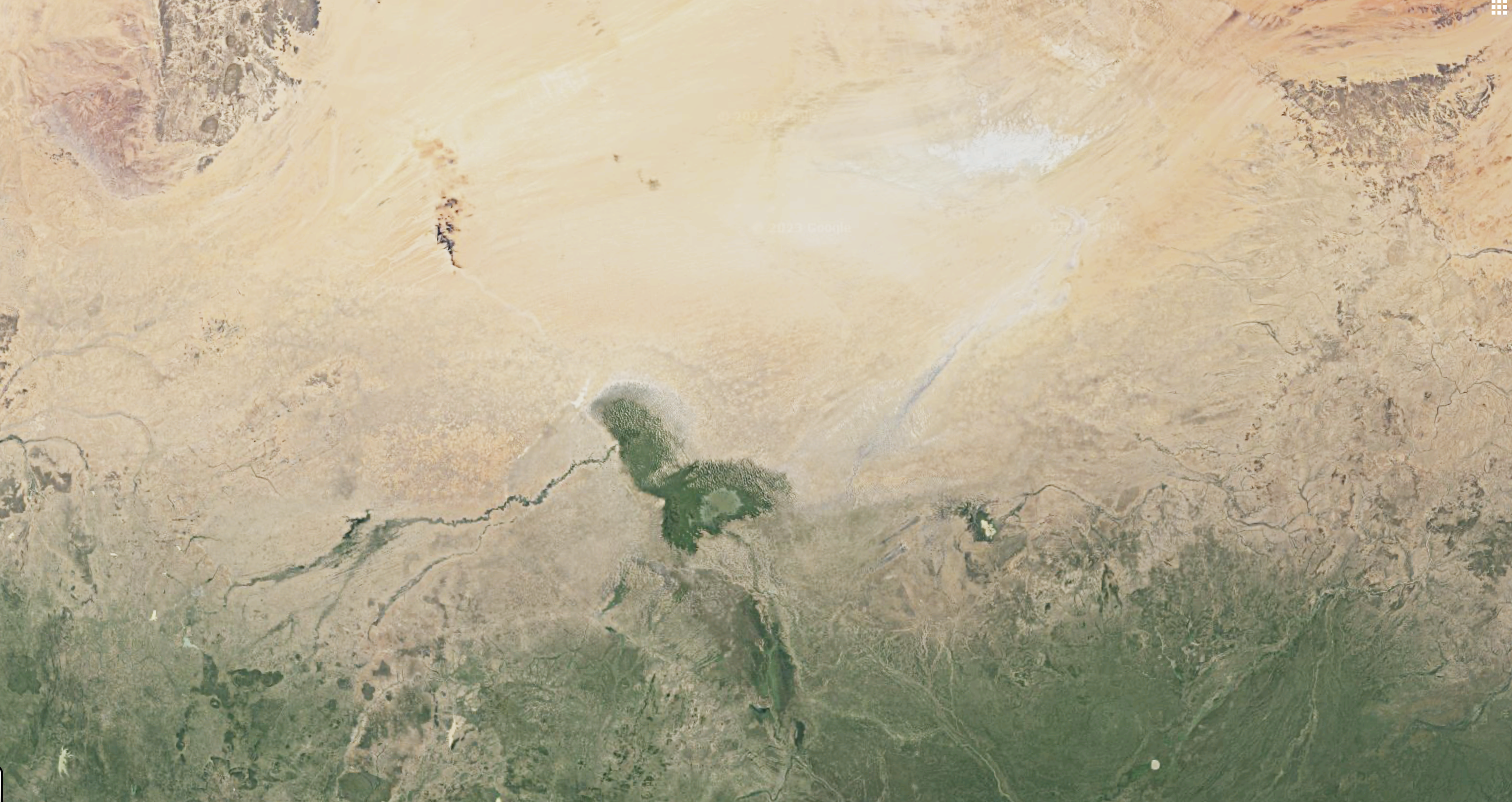
The Sahara's reach is encroaching
more and more
on Bintou's community
as it is upon Chad
Chad sits in the centre of the Sahel belt, which runs from the east to the west African coast
Chad is the world's fourth most affected country by our climate crisis
It faces a combination of immediate
and protracted humanitarian emergencies exacerbated by our climate reality
with 4.3 million children
requiring humanitarian assistance
in Chad in 2023 alone
Through the market
where the produce helps prevention
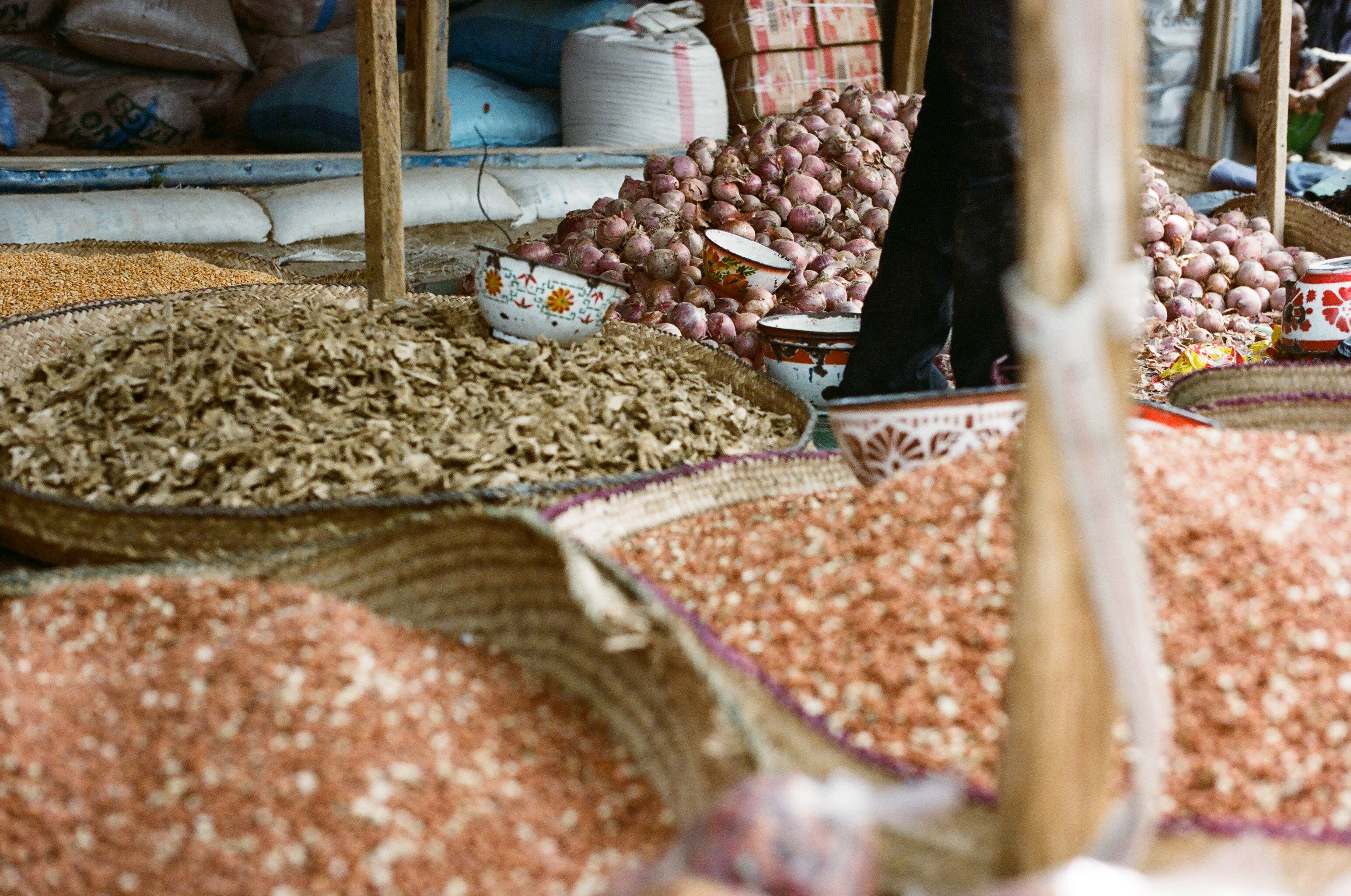
Every Wednesday
it's market day in Mao
where Fatime, Bintou,
Bintou’s husband and son,
Abakar and Adoum, come to shop
and today Adoum and his father
are gathering ingredients
to make a nutritious Chadian dish
called, 'La Boule'
with green algae sauce
The return home
Community, solidarity, resilience
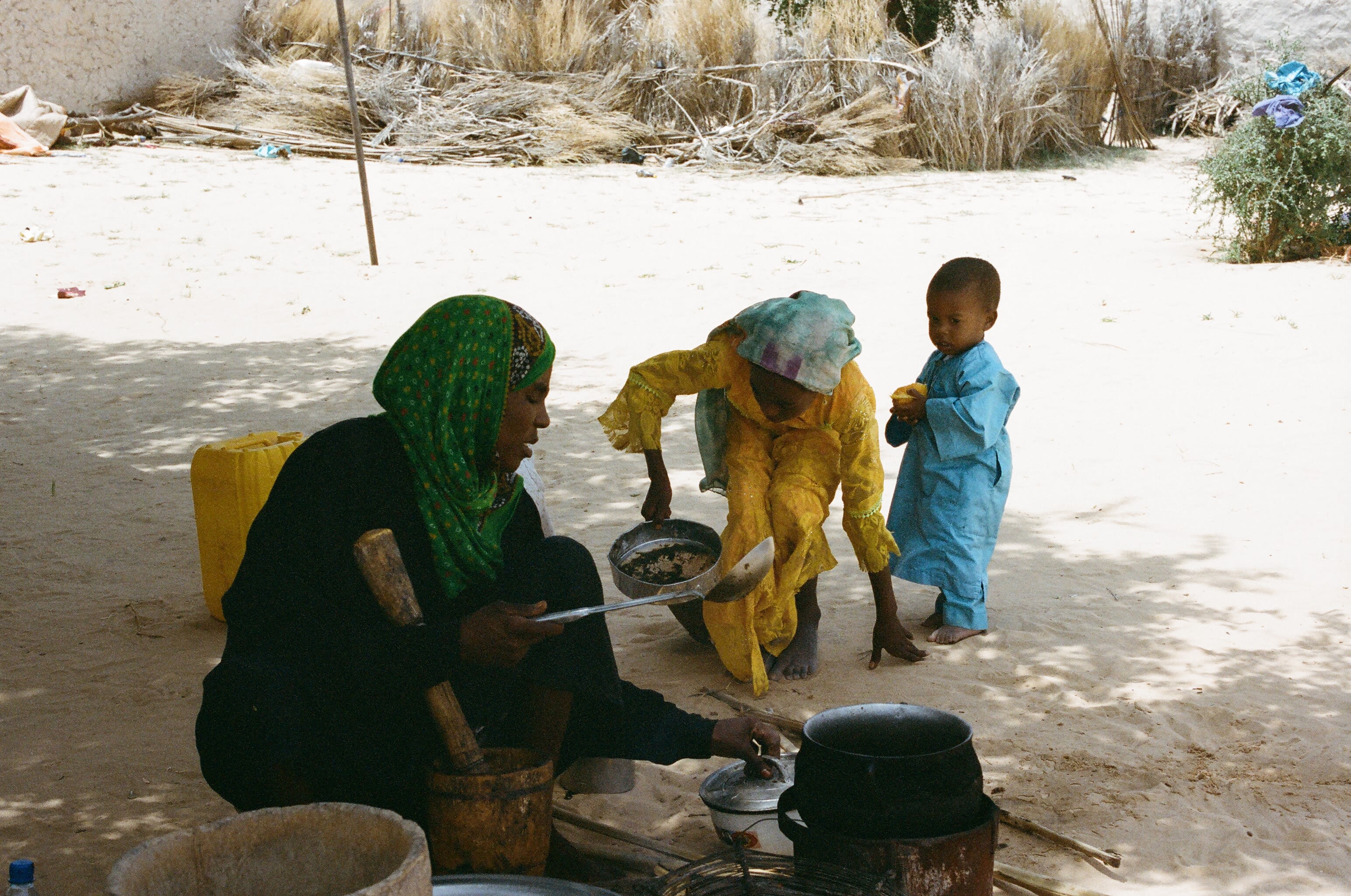
When there is no school, Adoum and his best friend, Ali,
are also contributing to their families' efforts
They built a bird house to keep pigeons,
feed them and sell them when needed
